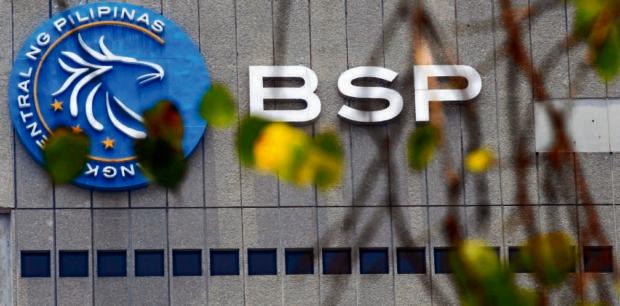Pause in BSP rate hikes becoming more likely
MANILA -The slowdown in Philippine headline inflation firmed up expectations that the hikes in the Bangko Sentral ng Pilipinas (BSP) policy rate will pause in May, but rising core inflation keeps the door open for an additional 0.25 percentage point hike to 6.5 percent.
The economic research team at Goldman Sachs noted in a commentary that core inflation, which excludes volatile food and energy, increased to 8 percent in March from 7.8 percent in February.
Following this, Goldman Sachs revised its 2023 headline inflation forecast to 6.3 percent from 5 percent previously.
Similarly, the American group revised upward its core inflation forecast for this year to 6.5 percent from 5 percent.
“The March readout was below our and Bloomberg consensus expectations [of 8 percent],” Goldman Sachs said. “On a seasonally adjusted sequential basis, the headline consumer price index was flat in March after rising 0.3 percent month-on-month … in the previous month.”
Goldman Sachs thinks that inflation has likely peaked considering that it slowed from 8.7 percent in January and 8.6 percent in February.
https://business.inquirer.net/391410/bsp-seen-holding-off-on-further-rate-hikes
They “currently do not forecast further rate hikes” considering that policymakers in the Philippines are emphasizing the effectiveness of supply-side, nonmonetary measures to manage inflation pressures instead of additional monetary policy tightening.
“However, meaningfully above-target inflation, still strong price momentum especially in stickier price categories, and recent comments from the Governor (Felipe Medalla) that it may be too early to pause the rate hiking cycle, suggest significant risks of another 25-basis point policy rate hike by BSP at its May meeting.”
At the Bank of the Philippines Islands, economists also think that the rise in core inflation may justify another rate hike in the next Monetary Board meeting.
“Additional monetary tightening will also hasten the process of bringing down inflation back to the target of the BSP,” BPI said.
The homegrown bank’s research team added that inflation may be better in the second half of the year, barring any global commodity price shocks and provided that non-monetary measures prove effective in normalizing the food supply situation in the country.
“It is only by then that we think the BSP could reasonably consider re-assessing its tightening campaign,” BPI said. “Moreover, further tightening may help the central bank rebuild its external buffers after having lost so much in 2022.”
Meanwhile, ING Bank sees the March readout could be one additional data point that could convince the BSP that inflation is finally moderating.
https://business.inquirer.net/394760/philippine-inflation-eased-to-7-6-in-march
“We expect inflation to moderate further in April which could open up the door for a BSP pause at the May meeting,” said Nicholas Mapa, ING Bank senior economist on the Philippines.
Indeed, the BSP itself gave hints that it was not convinced that the inflation story is fixed on a downward path.
The central bank’s overall assessment is that inflation will remain high over the near term before gradually decelerating back to the target range of 2 percent to 4 percent towards the end of 2023.
“The balance of risks to the inflation outlook for 2023…also continue to tilt significantly towards the upside,” the BSP said.
The BSP said the effect of supply shortages on domestic food prices remains a concern, while the potential impact of higher transport fares, increasing electricity rates, as well as above-average wage adjustments in 2023 point to the broader-based nature of price pressures.
On the other hand, the impact of a weaker-than-expected global economic recovery continues to be the primary factor that could dampen inflation.
“The BSP will continue to adjust its monetary policy stance as necessary to prevent the further broadening of price pressures as well as the emergence of additional second order effects,” the regulator said. INQ

